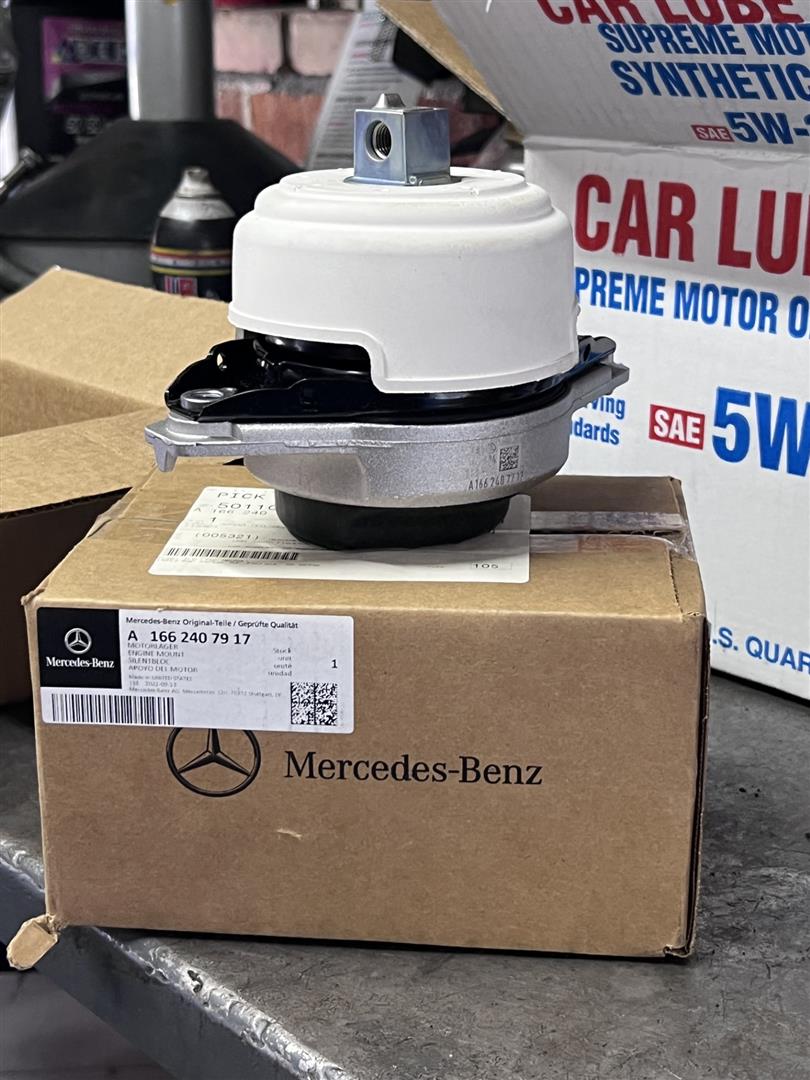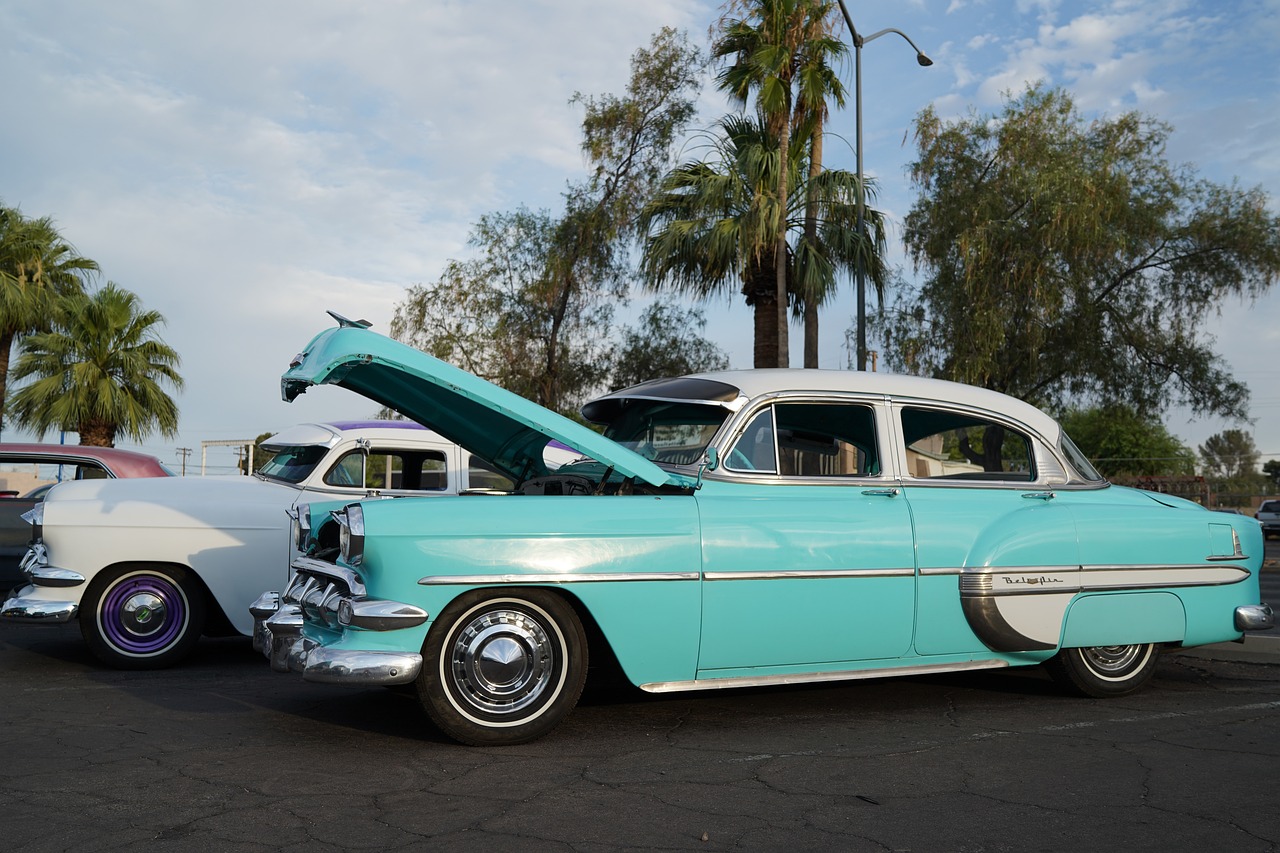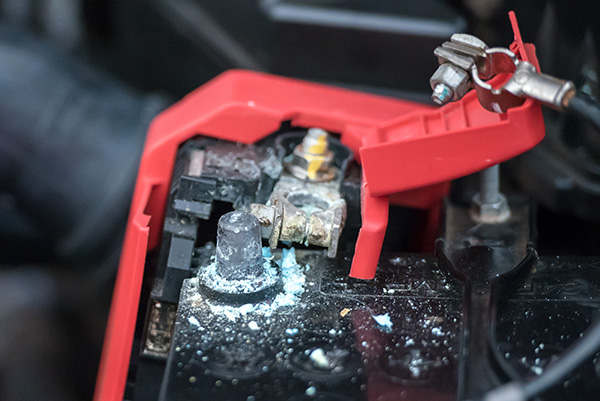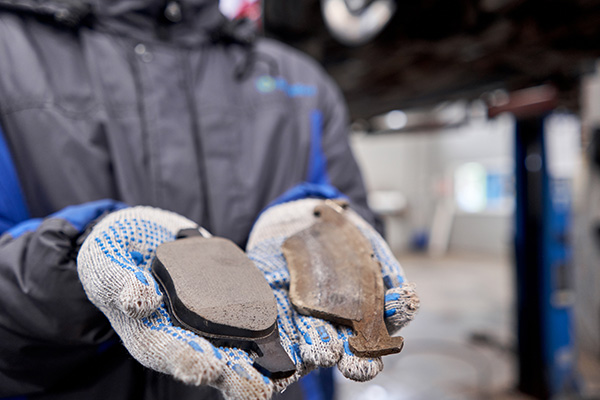Posted on 6/12/2024

3 Signs That Your Engine Mounts Need Replacement Motor Mounts! Heard of them? Think of it as suspension for your engine. Just like your wheel suspension, it keeps your engine in place where it needs to be and absorbs any shocks and vibrations. That results in smoother engine performance and ride comfort for the driver and passengers. Pretty much every car you see out driving around on Los Angeles roads today is equipped with engine mounts, however, chances are many of them might be due for servicing. Based on our experience here at FAS in Burbank, motor mounts are an often overlooked maintenance item but they are essential to keep your car's engine running smoothly for many miles to come. Not sure what engine mounts are and if the ones in your car need replacement? Join us as we discuss everything motor mounts and common signs of wear and tear in today's blog! As mentioned earlier, engine mounts keep your car's engine in check. They act as a cushion be ... read more
Posted on 6/1/2024

As summer peaks, Burbank-based car enthusiasts can finally hit the road with their cherished rides! Whether you fancy vintage muscle cars, stylish imports, or customized models, this vibrant automotive hub has plenty to offer and caters to every preference. Get a taste of classic and modern meet-ups by joining us in spotlighting some of the hottest local auto shows happening throughout this season. Exploring the Car Culture of Burbank Burbank, known globally as the "Media Capital of the World," is not merely recognized for its thriving entertainment industry. It also prides itself on a flourishing automotive scene nestled in San Fernando Valley, where its rich history intertwined with cars dates back decades. Burbank's roads are frequently featured in classic car chases and are home to reputable auto clubs; thus, it is no surprise that vehicle enthusiasts can easily perceive the city’s passion pulsing through their veins. Where Timeless Elegance Meets Vintage: Cl ... read more
Posted on 5/29/2024

Car battery corrosion is a common issue that can affect the performance and lifespan of your vehicle's battery. Over time, corrosion can build up on the terminals, hindering the flow of electricity and potentially causing starting and electrical problems. Fortunately, cleaning battery corrosion is a relatively simple task that can be done with a few household items and minimal effort. In this guide, we'll walk you through cleaning car battery corrosion step by step, ensuring your vehicle stays powered up and ready to go. Understanding Car Battery Corrosion Before the cleaning process, let's briefly discuss what battery corrosion is and why it occurs. Battery corrosion results from a chemical reaction between the battery terminals and the sulfuric acid present in the battery. This reaction produces a white, powdery substance known as corrosion, which can accumu ... read more
Posted on 5/1/2024

Ensure Your Ride Stays Cool and Reliable Under the California Sun As the sun intensifies and temperatures increase, it is essential to give your dependable vehicle some extra tender loving care to ensure that it can smoothly handle all of your summer adventures. Whether you're planning road trips along California's shore or simply taking relaxing drives in Burbank, preparing your vehicle for hotter weather plays a vital role in achieving maximum efficiency and individual comfort. Beat the Heat with Proper Cooling System Maintenance As temperatures soar, the importance of your car's cooling system skyrockets. It is crucial to take preventive measures to prevent engine overheating and ensure a comfortable cabin atmosphere. Arrange for a coolant flush and refill service without delay to maximize your vehicle's radiator efficiency, which will aid effective heat dissipation. Do not neglect the hoses and belts linked with the radiator as they play an integral role in maint ... read more
Posted on 4/28/2024

When it comes to vehicle maintenance, one component that should never be overlooked is the brake pads. These small but critical parts play a pivotal role in ensuring your safety on the road. But what happens if you neglect to change them? The Brake Pads Before discussing the consequences of not changing brake pads, let's first understand their function. Brake pads are the friction material that presses against the brake rotor to slow or stop your vehicle when you apply the brakes. Over time, this friction causes the brake pads to wear down, making it necessary to replace them periodically. Consequences of Neglecting Brake Pad ReplacementDecreased Stopping Power As brake pads wear down, their ability to grip the rotor diminishes, resulting in decreased stopping power. This means it will take longer for your vehicle to come t ... read more